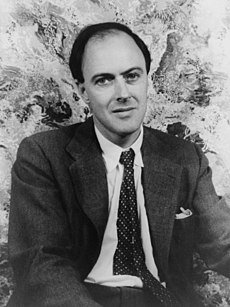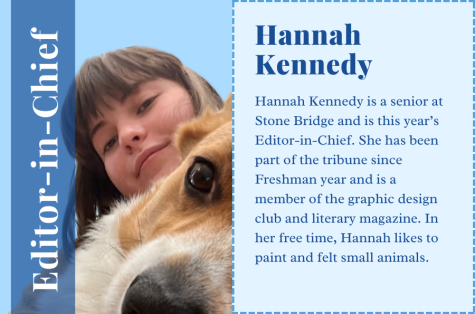Dahl and the Giant Revisions
Puffin publishers cave to censorship backlash

Penguin Random House walked back on sweeping edits to beloved Roald Dahl novels following public outrage, promising a “Roald Dahl Classic Collection” as a supplement to the censored releases.
Classic stories such as “Matilda”, “James and the Giant Peach”, and “Charlie and the Chocolate Factory” were rewritten by Penguin to make Dahl’s style more palatable and attuned to modern standards for children’s publishing.
“When publishing new print runs of books written years ago, it’s not unusual to review the language used alongside updating other details including a book’s cover and page layout,” Rick Behari, Director of Brand and Communications for the Roald Dahl Story Company, said in a statement. “Our guiding principle throughout has been to maintain the story lines, characters, and the irreverence and sharp-edged spirit of the original text.”
Many of the edits dealt with weight, gender, race, and violence typical of Dahl’s dark and often upsetting writing. While some tweaks merely dampen the author’s tone, others alter the intrinsic messaging and biting humor of Dahl’s work, sparking recoil.
“This is not the first time that [Dahl’s] work has been controversial,” The Telegraph wrote on Feb. 24. “The Oompa-Loompas, the diminutive employees of Willy Wonka’s chocolate factory, have been extensively reimagined over the years. In recent years Dahl has been criticised for anti-Semitism, misogyny and racism.”
Fans and critics of Dahl were quick to disparage Penguin’s efforts to declaw his novels, calling for the books to be restored to their original–albeit ruder–glory; others, however, feel that the revisions were a long time coming.
“As any poet should understand, there is a difference between writers rewriting their own work and someone else taking liberties after the authors are dead,” Megan McArdle, a columnist at The Washington Post, said in an article. “Even in the case of translations, where it’s unavoidable, something is inevitably lost, particularly when a lesser writer tampers with the work of a genius. The tin-eared tinkerers who rewrote Dahl might have made his books marginally less offensive, but also significantly less engaging.”
Puffin, Penguin’s division for children’s literature, eventually collapsed under pressure from the public to release the classic, unaltered versions of Dahl’s writing. However, the company will also be publishing the revised novels as a separate collection.
“We recognise the importance of keeping Dahl’s classic texts in print,” Puffin announced following widespread backlash. “By making both Puffin and Penguin versions available, we are offering readers the choice to decide how they experience Roald Dahl’s magical, marvelous stories.”
Roald Dahl isn’t the first author to be revised, nor will he be the last. This conversation about artistic censorship and modification is alive across the globe, and it is important to continue having it even after the release of the Penguin and Puffin collections.
“I’ve warned my publishers that if they later on so much as change a single comma in one of my books, they will never see another word from me. Never! Ever!” Dahl said to artist Francis Bacon in 1982. “When I am gone, if that happens, then I’ll wish mighty Thor knocks very hard on their heads with his Mjolnir. Or I will send along the ‘enormous crocodile’ to gobble them up.”


